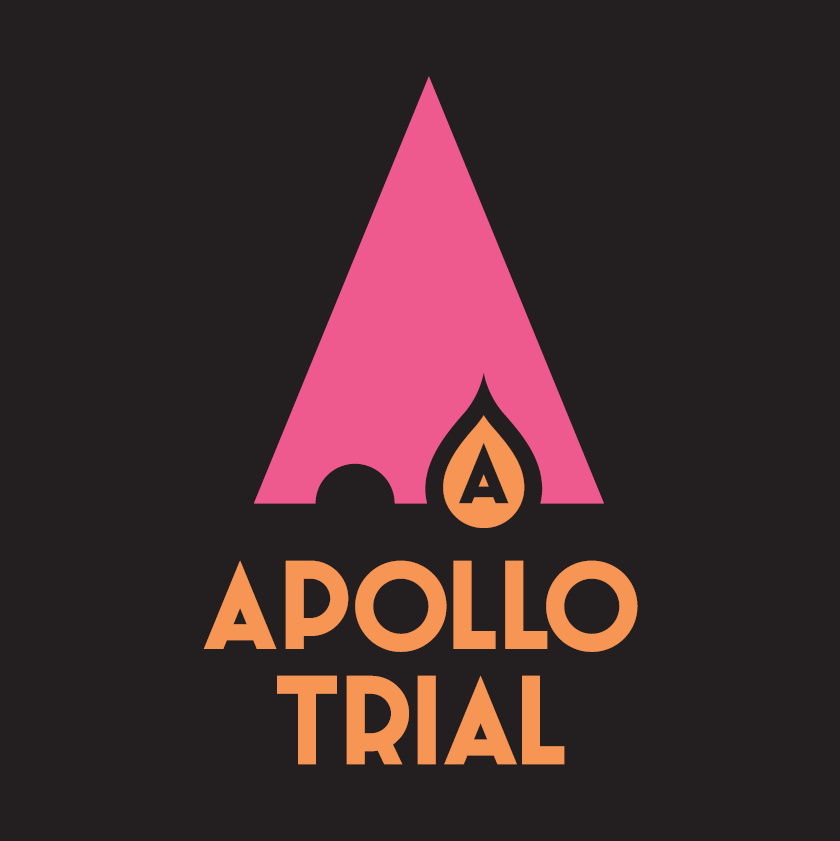Apollo Trial
Could Vitamin-A bring back your sense of smell after Covid?

The Apollo trial is a new project which looks at whether Vitamin A could help people regain their sense of smell after viral infections including Covid-19.
Smell loss is a common symptom of Covid-19, but even before COVID, many viruses had been causing smell loss and distortion and while most people naturally regain their sense of smell within a couple of weeks, many have been left with on-going smell disorders.
Previous research from Germany has shown the potential benefit of Vitamin-A, and the UEA team will explore how this treatment works to help repair tissues in the nose damaged by viruses.
They hope that the study, which has been funded by the National Institute for Health Research (NIHR), could one-day help improve the lives of millions around the world who suffer from smell loss, by returning their fifth sense.
If you have any questions for the study team, you can get in touch directly via email at apollo.trial@uea.ac.uk
Are you eligible to participate in the APOLLO trial? Read our inclusion criteria
Inclusion Criteria
A partial or total loss of smell due to post-viral olfactory loss as confirmed on history, examination and with a smell test (TDI) score of <31/48 and within 3 years of the precipitating viral infection.
Participant must have received at least 2 doses of a UK-government recognised COVID-19 vaccination, at least 2 weeks before baseline visit.
Exclusion Criteria
- Participants with a history of:
- chronic rhinosinusitis with/without nasal polyposis
- severe nasal septal deviation
- Major prior head injury
- congenital olfactory loss
- use of concurrent intranasal medications or possible medications know to affect olfaction
- chronic renal disease
- chronic hepatic disease
- allergy to peanuts, soy or vitamin A (drops contain peanut oil)
- Significant medical, surgical or psychiatric disease that in the opinion of the CI would affect subject safety or influence the study outcomes
- Currently taking oral vitamin A supplements, anticoagulants or tetracyclines
- Age of less than 18 or over 65 years
- Pregnant women and women of a childbearing age not using an effective contraceptive
- Participants unsuitable for MRI due to metal implants, such as pacemaker etc, as is standard for MRI scanning or who move excessively during scanning.
- Evidence from endoscopy or the initial MRI scan of:
- Participants with any endoscopic findings of:
- Chronic rhinosinusitis with/without nasal polyposis
- Severe nasal septal deviation (preventing passage of 4mm endoscope)
- Other inflammatory sinonasal disease
- Participants with MRI changes indicating oedema in the sinuses and/or olfactory clefts
- Participants with any endoscopic findings of:
- Any participant with a combined OBV of >85mm3 will be excluded as it is unlikely they will demonstrate significant increase in overall volume based on previous studies of OBV.
- Participation in another clinical trial in the previous 4 months
APOLLO Trial Information and Documentation
Visiting UEA for your scan
Due to some unforeseen circumstances, we are currently having a slight delay in the start of the scanning. We are waiting for the investigational medicinal product (IMP) to arrive from Germany, and some infrastructural changes in the imaging facility to finish. We aim to address these issues as soon and safely as possible and do apologize for the delay. Please note that we are continuing to screen patients in the Smell & Taste Clinic at the James Paget University Hospital.
Scans will take place at the UEA Wellcome-Wolfson Brain Imaging Centre (UWWBIC). More details of the UWWBIC including information for visitors can be found on their website.
UEA visitor parking information should be referred to by all those visiting UEA campus.
Participant Information Sheet:
